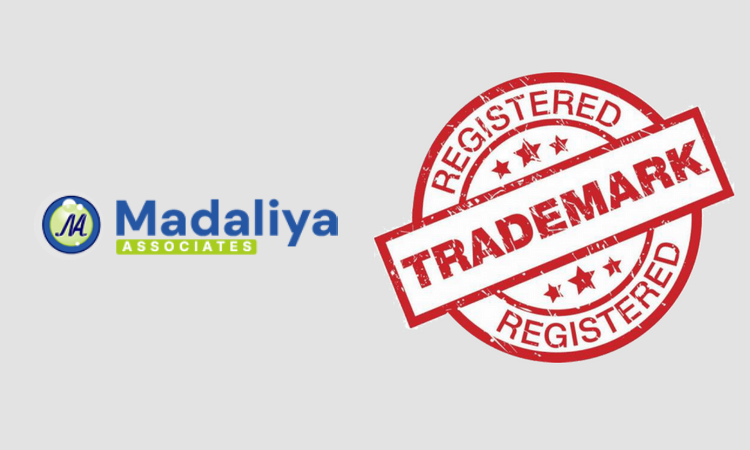

Digital Signature Registration vs. Traditional Paper-Based Signatures: A Comparison
In today's rapidly advancing digital landscape, the use of traditional paper-based signatures is gradually being replaced by digital signature registration. With the increasing reliance on electronic documentation and online transactions, it is crucial to understand the differences between these two methods of signing documents. In this blog post, we will compare digital signature registration with traditional paper-based signatures, highlighting their strengths and weaknesses.
Security and Authentication
One of the primary advantages of digital signature registration is its enhanced security and authentication features. Traditional paper-based signatures are prone to forgery and tampering, making them less secure compared to their digital counterparts. Digital signatures employ advanced cryptographic algorithms that ensure the integrity and authenticity of signed documents. They use a unique digital certificate issued to the signatory, linking their identity to the signature. This provides a higher level of security, reducing the risk of fraud and unauthorized modifications.
Convenience and Efficiency
Digital signature registration offers significant advantages in terms of convenience and efficiency. With traditional paper-based signatures, signing documents often involves physical printing, signing, scanning, and sending or mailing them back. This process can be time-consuming and cumbersome, especially for businesses dealing with a high volume of documents. On the other hand, digital signature registration enables users to sign documents electronically, eliminating the need for printing and scanning. The entire process can be completed in a matter of minutes, saving time and resources.
Legality and Compliance
Both digital signature registration and traditional paper-based signatures can be legally binding, provided they meet certain requirements. However, digital signatures often have an edge in terms of legal acceptance and compliance. Many countries have implemented electronic signature laws that recognize the legal validity of digital signatures, giving them the same status as traditional signatures. These laws outline specific criteria that digital signatures must meet to ensure their legality and enforceability. Therefore, using a reputable digital signature registration service can help businesses ensure compliance with relevant regulations and streamline their legal processes.
Document Integrity and Audit Trail
Digital signature registration offers robust mechanisms for maintaining the integrity of signed documents. Digital signatures are embedded within the document and can detect any modifications or alterations made to the content after signing. If any changes are detected, the digital signature becomes invalid, alerting the recipient of potential tampering. Additionally, digital signature platforms often provide an audit trail, which records all actions related to the document, such as when it was signed and by whom. This audit trail can be valuable in legal disputes or regulatory audits, providing a transparent record of the document's history.
Accessibility and Global Reach
Digital signature registration enables users to sign documents from anywhere at any time, as long as they have access to an internet-connected device. This level of accessibility is particularly beneficial for remote workers, international collaborations, or businesses with multiple offices across different locations. Traditional paper-based signatures, on the other hand, require physical presence and may pose logistical challenges in terms of time zones, shipping, and delays. Digital signature registration breaks down geographical barriers, allowing for faster and more efficient document signing processes.
Conclusion:
While traditional paper-based signatures have been the norm for centuries, the digital era has introduced a more secure, efficient, and convenient alternative—digital signature registration. The advantages of digital signatures in terms of security, convenience, legality, document integrity, and global accessibility make them an increasingly preferred choice for individuals and businesses alike. As we move further into the digital age, embracing digital signature registration can streamline workflows, reduce costs, and improve overall efficiency in the world of document signing.
So, whether you are an individual signing personal documents or a business seeking streamlined processes, it is worth considering the benefits of digital signature registration and exploring reputable service providers to meet your signing needs.


)



